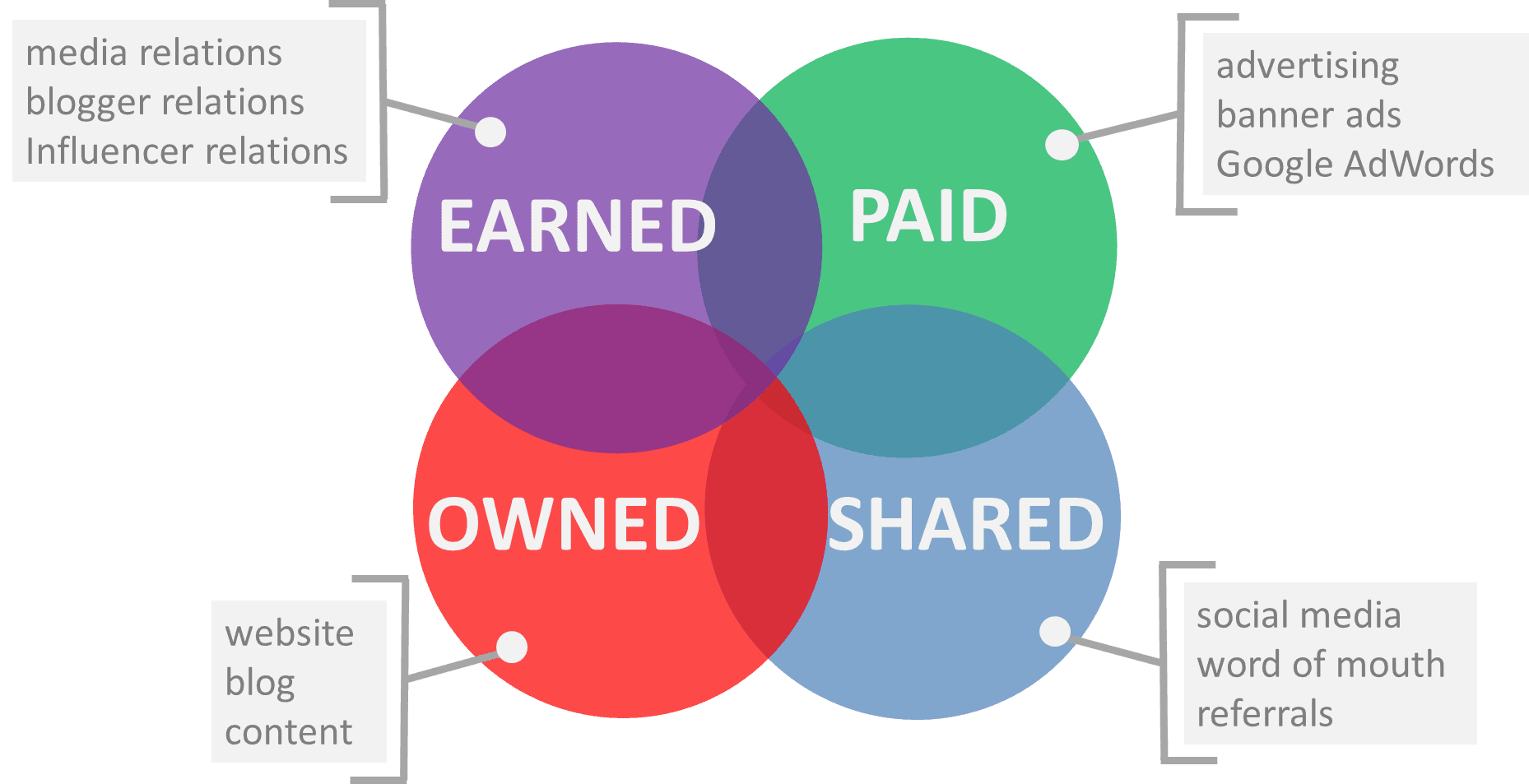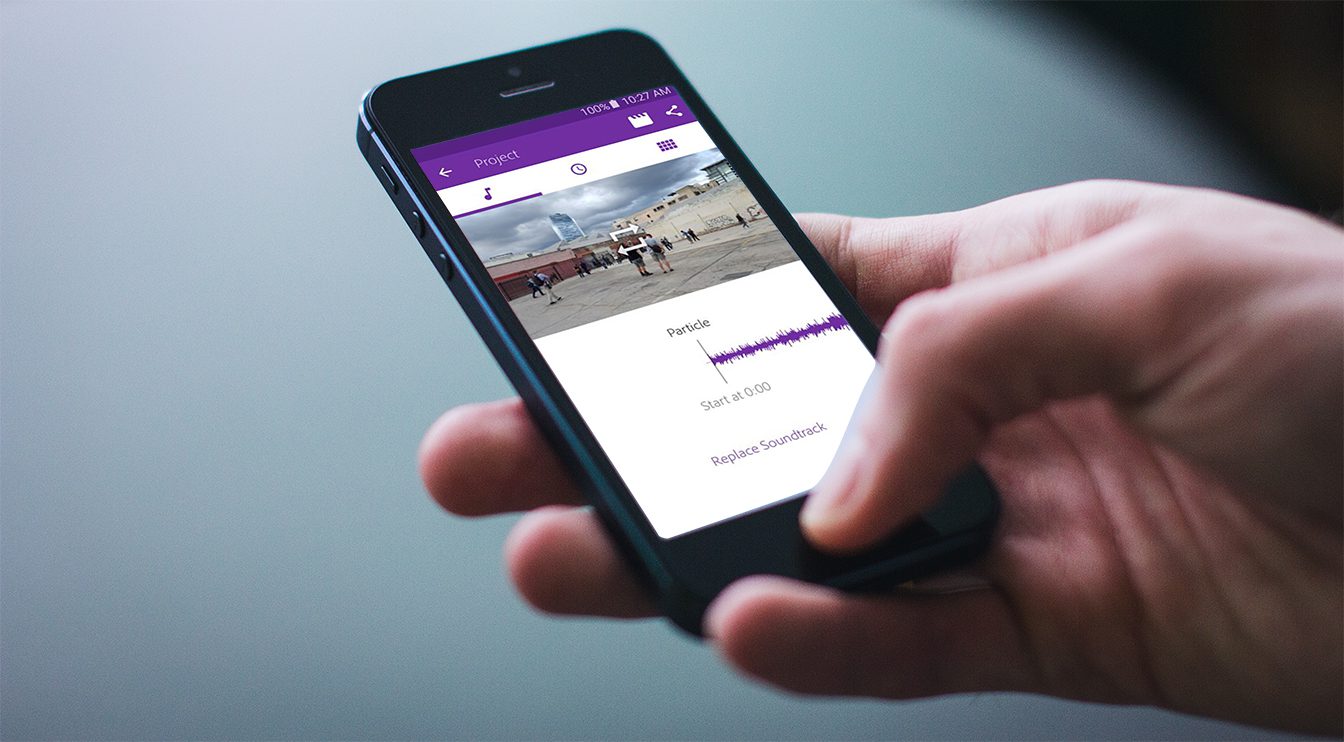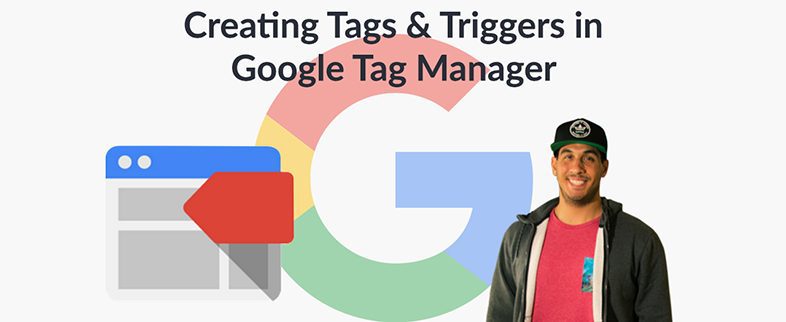A look at some of the major Google updates over the last 7 years, which has greatly affected search and how search engine optimizers work to find what is relevant and important.
Google is really only 12 years old, and have since made thousands of changes to their algorithm, or “secret sauce” which makes the search giant actually work. It has been said that no single person knows all of the pieces to the algorithm, but those that do know a lot about it are paid handsomely to prevent them from leaving the company.
Nonetheless, all of these changes have had some significant effect on the SEO community. Back in 2003, site owners could over-optimize their pages and “keyword stuff” the page in order to rank higher. After the “Florida” update, everything was based on relevancy, and so all of those tactics no longer applied.
You’ll also notice that the changes in 2010 are happening more frequently. Google is merging indexes in order to crawl and compute faster than ever. There is no longer a “supplemental index”, or a separate index of pages where less relevant pages were stored, and infrequently listed in the results pages. We also think they will also merge the mobile index at some point as well, so the results you see on a phone will be somewhat similar to the ones you will get on a PC (right now they are way off).
Google has also made a lot of changes and is experimenting with the best solution for Google Places (or the old “Google Business Center”). It used to be that if you wanted to have a better chance of being listed in the “7-Pack”, your company address had to be within the centroid of the city. Not the case anymore, as now the searches are detecting your exact location and can get you to a more refined listing, maybe even by zip code.
But the basics still remain the same, and will never change with the wind, which is 1) continue to provide unique and interesting content; 2) be social (search engines follow people) and 3) if you have good enough content, people will ultimately link to it.















